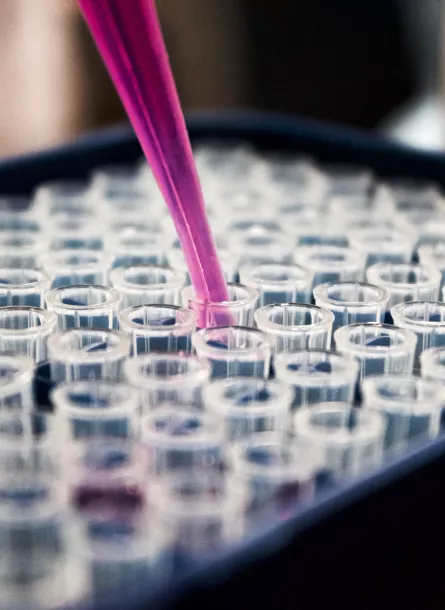
UGT1A1 biomarker and colorectal cancer

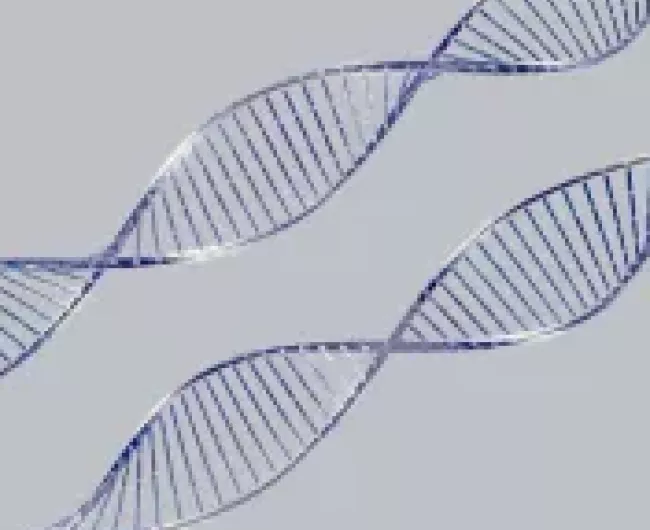
What is the UGT1A1 biomarker?
The UGT1A1 gene is present in all the cells in our body. The normal UGT1A1 gene providesinstructions for making a certain enzyme called UDP glucuronosyltransferases, which helps the liver break down medications effectively.
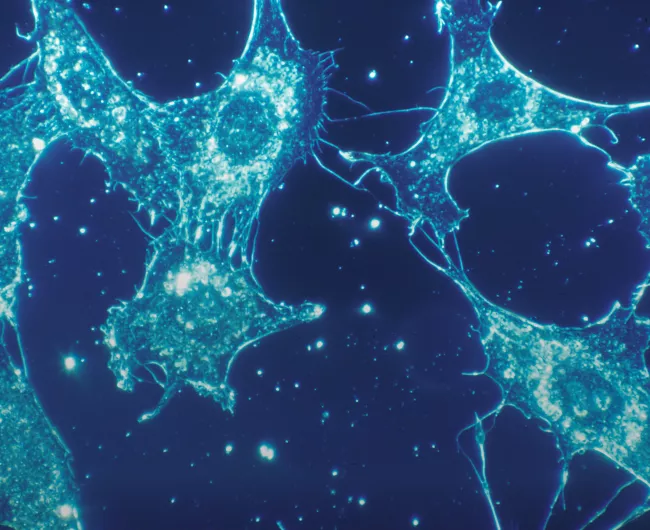
What happens if I have the UGT1A1 biomarker?
If you have a mutation in the UGT1A1 gene, your body may not be able to process certain chemotherapy drugs.
Patients with this rare mutation have symptoms such as impaired liver function, low white cell counts, and severe diarrhea.
Your doctor will monitor you closely during your chemotherapy treatment to watch for any adverse reactions.
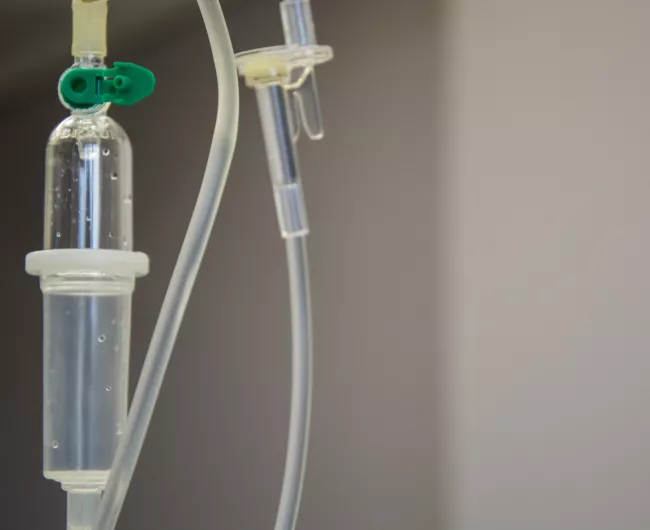
Who should have UGT1A1 testing?
UGT1A1 mutation testing is not routinely performed.
Patients are often tested if they have experienced severe toxicity during treatment with FOLFIRI, FOLFIRINOX, or irinotecan.
Other biomarkers
SidednessTop resources

EPIC Act to Advance New CRC Therapies Needs Support
The EPIC Act would encourage investment in clinical trials for additional uses of existing drugs.
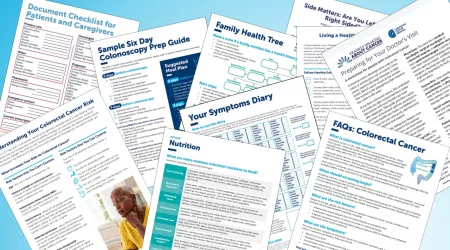
Colorectal cancer resources for learning and sharing
Whether personally impacted by colorectal cancer (CRC), supporting a loved one, or dedicated to educating and empowering others, these downloadable and printable resources can help.

Michelle Cappel: Biomarker testing extends life
Michelle Cappel owes a lot to colorectal cancer biomarker testing — seven years of life and counting.





